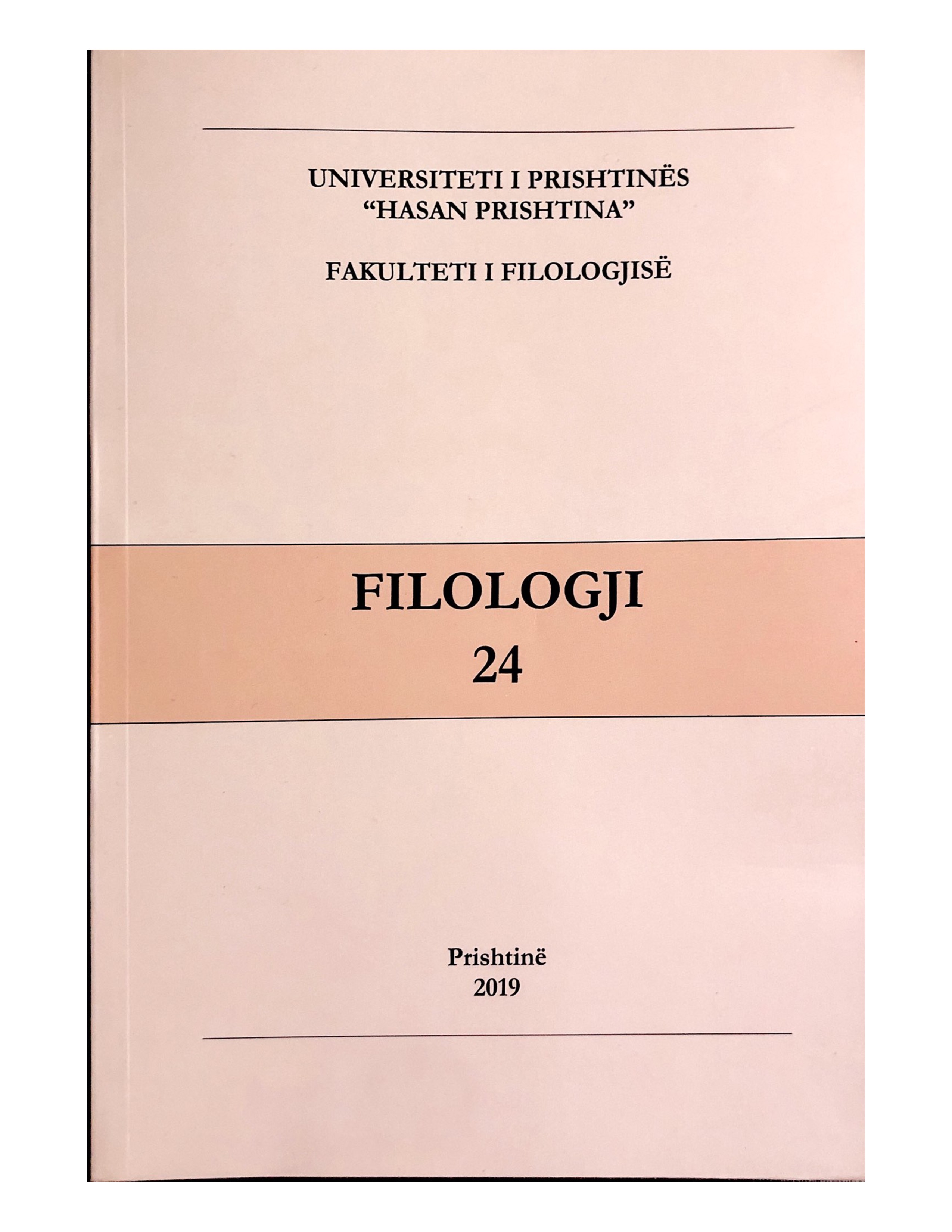Marrëdhëniet prindër-fëmijë në romanin "I pangushëlluari" i Kazuo Ishiguros
Parent-child Relationships in Kazuo Ishiguros's "The Unconsoled"
Author(s): Ardita IbishiSubject(s): Language and Literature Studies, Studies of Literature, Other Language Literature
Published by: Univeristeti i Prishtinës, Fakulteti i Filologjisë
Keywords: Kazuo Ishiguro; parent-child relationships; psychoanalysis; childhood;adulthood;
Summary/Abstract: The purpose of this paper is the psychoanalytic study and analysis of family relationships, particularly those between parents and children, in Kazuo Ishiguro’s The Unconsoled. The analysis is based on Sigmund Freud’s analysis on the unconscious, as well as Karen Horney’s theory on childhood experiences and the need for love and security. The unconscious and its defense mechanisms explain the oppression of feelings and the tendency to please others, whereas the theory of the influence of the environment and experiences allows us to explore the source of anxiety and neurotic feelings. These theories make possible the analysis and deeper understanding of motives, feelings and wishes of Ryder, the protagonist, and other characters in order to understand the relations between them. Through these methods, the dysfunctional nature of parent-child relationships is revealed, as well as its causes and consequences in the next generations. The novel illustrates the emotional and psychological damage caused in childhood and its importance in adulthood through the character of Ryder and his parents, Ryder and his son Boris, Stephan and his parents, Gustav and Sophie, and Leo Brodsky and his dog Bruno, all of which become perfect examples of the hindrances and damages caused by past experiences onto future relationships
Journal: FILOLOGJI
- Issue Year: 2019
- Issue No: 24
- Page Range: 191-204
- Page Count: 14
- Language: English
- Content File-PDF

